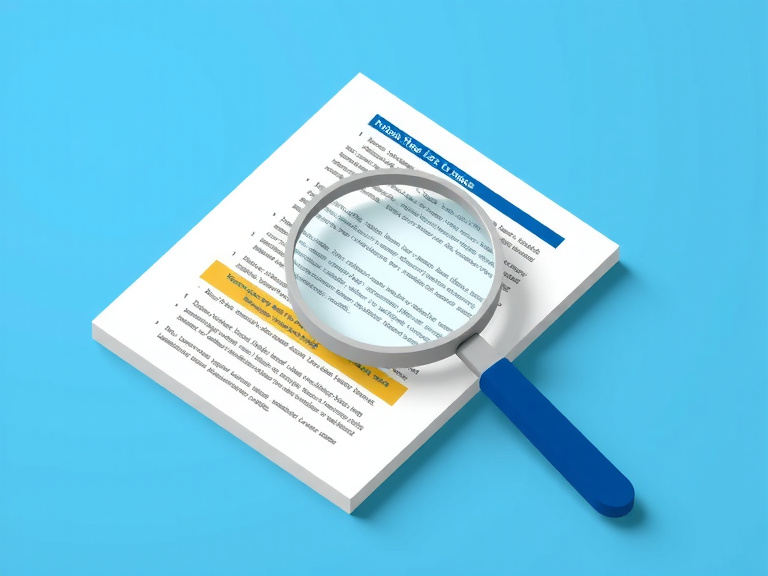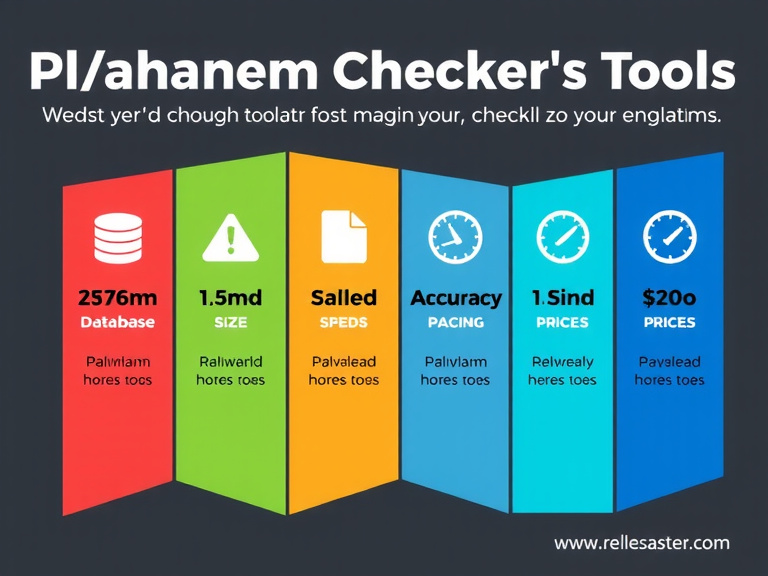
Free Plagiarism Checker: How It Works
Our free plagiarism checker utilizes advanced algorithms to compare your text against billions of web pages and academic papers. The process involves three key steps: text parsing, database comparison, and similarity analysis. Within seconds, you'll receive a detailed report highlighting potential matches and providing a similarity percentage score.
Key features include:
- Real-time scanning of online sources
- Deep analysis of academic databases
- Color-coded similarity highlights
- Citation suggestions for matched content

